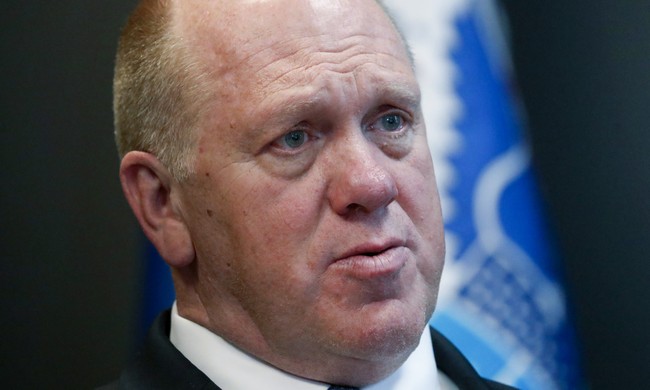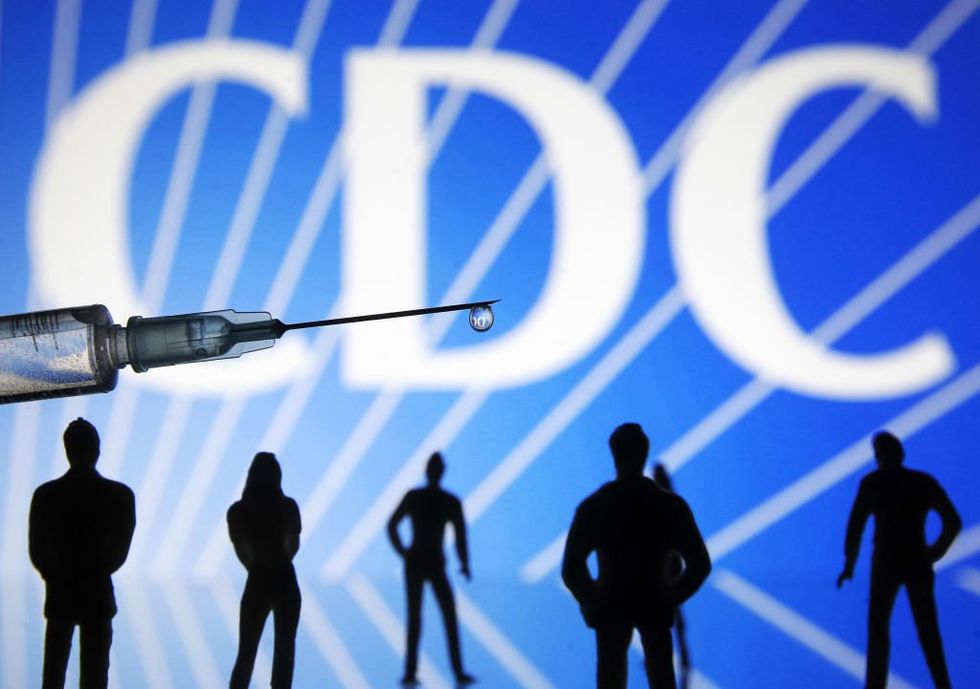EXCLUSIVE: Jillian Michaels on why you should NEVER take Ozempic

They’re expensive, cause an array of side effects, and eventually stop working.
And yet Ozempic and other GLP1 drugs are more popular than ever — touted by celebrities and prescribed to millions of Americans convinced they’ve found their last, best chance of losing weight.
To those not willing to risk their mental health and quality of life for fleeting victory in their struggle with the scale, Michaels has a message of hope: ‘Weight loss is simple.’
Nonsense, claims fitness and nutrition influencer Jillian Michaels.
‘Zero weight loss’
In an email to Align, Michaels explained why the powerful peptides, which were originally prescribed for Type 2 diabetes and other diseases, are not the best pound-shedding solution for most people.
“The bottom line — they are extremely expensive. You plateau on them. The side effects are scary and the risk of experiencing the more serious ones increases over time,” says Michaels.
The good news? “There is a natural alternative.”
Michaels’ observations about GLP1 drugs reflect the experience of many who have failed to see any progress on the medication. One such user recently called in to the “Mind Pump” fitness podcast: “I’d been on semaglutide [Ozempic] for about six months and saw zero weight loss … it was very, very frustrating.”
He had slightly more success after switching to a different GLP1 drug, the caller said, but he was still worried about the long-term: “My big question here is, what do you do when they don’t work, and what do you do when they stop working?”
Short-term fix
According to Michaels, his case is far from unique. Citing a survey from one of the country’s biggest pharmacy benefit managers, Prime Therapeutics, Michaels noted that “66% of the people put on GLP1 drugs come off them within the first year citing cost, plateau, and side effects. And the risk for more serious side effects actually compounds over time.”
Yet, people remain desperate for these “miracle” drugs, even opting for unvetted knockoffs from online pharmacies. Late last year, the U.S. Food and Drug Administration seized thousands of GLP1 products thought to be counterfeit, according to the New York Post.
Many consumers endanger themselves for what they believe offers their one shot at achieving a healthy weight. “That is simply just not true,” says Michaels, pointing to her record of helping thousands achieve these results with natural solutions.
Depression danger
While Michaels admits her way is not the easiest way, she does consider it the safest, scoffing at drugmakers’ claims that the long-term use of their products carries very little risk.
“I don’t even know how they arrive at that conclusion,” says Michaels. “The side effects are on the box because they are very legitimate.”
Those side effects include nausea, vomiting, blurred vision, stomach upset, and in more serious cases, pancreatitis or kidney failure. The drug has also been linked to over 100 deaths, according to the Daily Mail.
What’s even scarier? The thousands of cases reporting these adverse effects may just be the tip of the iceberg. “The FDA estimates that its Adverse Event Reporting System (AERS) only receives reports for 1–10% of adverse drug events,” says Michaels. The actual number of users experiencing harmful side effects could be tens of thousands more.
Michaels added that people are also more likely to be prescribed an antidepressant after starting a GLP1. This may have something to do with how the drug interacts with the brain’s “pleasure center.”
It’s hypothesized that these drugs impact dopamine release, making substances like food or drugs lose their appeal, continued Michaels. This benefits a person with addiction, Michaels says, but others open the door to depression, malaise, and lack of sex drive due to the same mechanism.
In short, Michaels believes these drugs are only right for a small minority of people such as the morbidly obese with a host of comorbidities or those battling addiction.
“For everyone else, these should NEVER be an option,” says Michaels.
A simpler way
To those not willing to risk their mental health and quality of life for fleeting victory in their struggle with the scale, Michaels has a message of hope: “Weight loss is simple.”
It all comes down to moving more and eating less. “Calories are units of energy. Energy that doesn’t get utilized from calorie intake gets stored as fat,” says Michaels.
In place of paying for Ozempic, Michaels recommends people spend money on goods and services that will encourage moving more and eating less: counseling, healthy food, and membership in a gym or other fitness community.
“Supporting yourself in all the ways possible inside and out goes a long way,” says Michaels.
Those who ditch Ozempic in favor of Michaels’ advice may find themselves experiencing a whole new range of positive “side effects,” including improved mental health, better sleep, and reduced chronic disease, according to a Mind Pump Media article.






